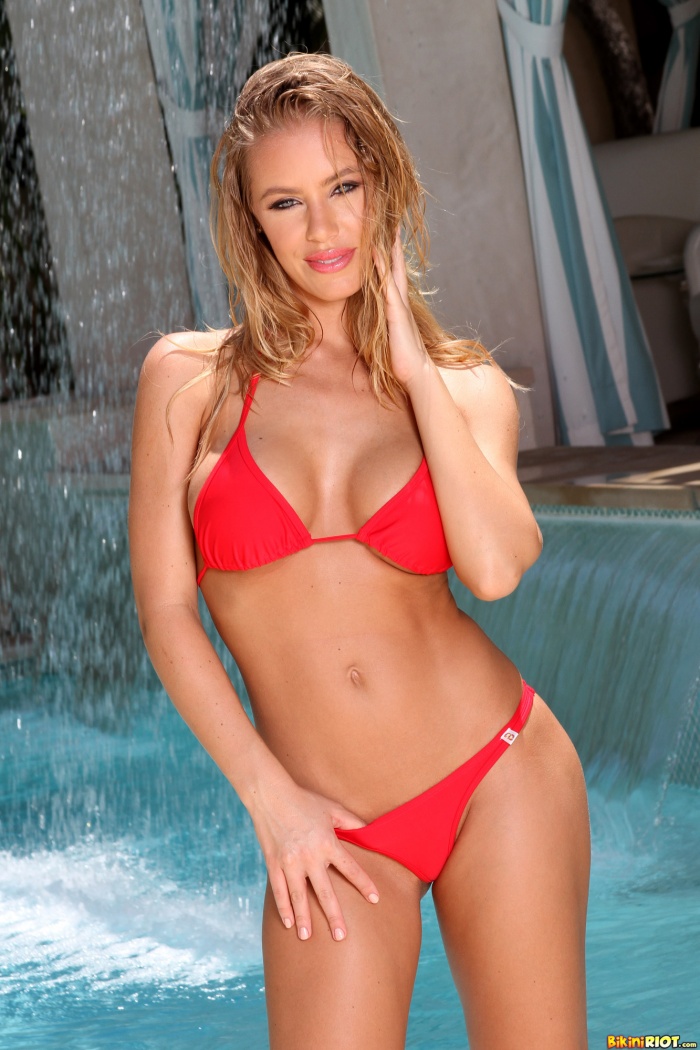Notwithstanding this, numerous non-white daters described just just just how dating apps supply them with a renewed possibility to resist white hegemonic ideals of beauty in a hybridized setting that is public-private. For instance, one pupil described to us just exactly how he includes afro-centric images to signal which he is mainly enthusiastic about black colored or like-minded ladies. Such as Shantel Buggs’ 2017 work, our interviewees take part in racial politics within their vetting techniques for determining that is a match that is appropriate such as for instance pursuing daters whoever pages suggest help for the Black Lives Matter motion or avoiding individuals with pro-Trump symbolism. Other pupils indicated having initially started online dating with internalized white beauty criteria simply to are re-asserting what they found see much more culturally affirming and open racial choices on dating apps. Although it could truly end up being the situation why these choices are shaped because of the wider discrimination pupils of color encounter with all the apps, we additionally genuinely believe that these technologies are now being leveraged in unique means by marginalized teams to earnestly confront racial hierarchies of desire and determine on their own as desiring people by themselves terms.
To enhance survey information to the interview information with this sensation, we have been collaborating with Paula England at NYU to restore the school Social lifetime study, which finished last year. This study had been instrumental in documenting high-risk intimate habits among pupils at universities and colleges across the usa from the time 2005-2011. Our brand brand new study module yields details about the part of dating apps and interaction that is sexual for contrast to non-dating app methods of conference, such as for example vis-a-vis the party hookup scene, old-fashioned times, as well as in day-to-day campus interactions.
That pupils very long to get more options; discontent with hook up tradition is certainly not brand new. Our archival research suggests that upon the advent around the globe wide web, enterprising university students initially begun to try out computerized relationship programs only for this purpose. Between 1996 and 2002, college-specific dating programs such as for instance Brown University’s HUGS (Helping Undergraduates Socialize) dating solution, Harvard’s Datesite, Wesleyan’s WesMatch, and Yale’s Yalestation amongst others came to exist at precisely the same time that hookup culture had been settling in as being a normalized university social task. Newspaper interviews with pupils in those times declare that those ventures that are early pouches of opposition to your mainstreaming of hook up tradition. For instance, when expected why he developed HUGS in a 1996 Providence Journal article entitled Brown Students Now Meet Their Matches Online, Brown undergraduate Rajib Chanda stated he saw it being an antidote towards the typical training at Brown by which “you meet, get drunk, attach and then either avoid eye contact a day later or end up in a relationship. ” He additionally hoped their dating system would remedy campus ethnic and racial segregation. Of WesMatch, its pupil creator stated in a 2004 nyc instances article, Are We a Match?: “We’re not only with it for hookups, we’re wanting to foster genuine relationships, genuine compatibility. ”
But, it might just simply take very nearly 2 full decades before online dating sites as being a widespread training swept college campuses. Landscape architects call the footpaths produced by park-goers that veer removed from paved pathways “desire paths. ” We genuinely believe that dating apps have grown to be the symbolic desire course for most students since they enable them the choice to bypass the intimate gatekeeping that campus hookup party tradition has dominated for way too long. Our research shows that pupils today are proactively utilizing online dating technology to produce brand new guidelines of closeness. While imperfect, the employment of such tools gets the prospective to destabilize hookup culture and result in brand brand brand new, potentially healthier and comprehensive pathways to closeness. The issue that future research must start to deal with, then, is exactly exactly how might we get this to brand brand new, increasingly and unavoidably pervasive as a type of intimate conference, enjoyable, and equally empowering, for many daters.
Suggested Reading
Armstrong, Elizabeth, Paula England and Alison Fogarty. “Accounting for women’s orgasm and enjoyment that is sexual university hookups and relationships. ” United States Sociological Review (2012), 77: 435-462.
Bogle, Katherine. Setting up: Intercourse, dating, and Relationships on Campus (NYU Press, 2008).
Buggs, Shantel. “Dating within the Time of# EbonyLivesMatter: checking out Mixed-race Women’s Discourses of Race and Racism. ” Sociology of Race and Ethnicity(2017), 3:538-551.
Heldman, Caroline and Lisa Wade. “Hook-up tradition: Setting an innovative new research agenda. ” Sexuality analysis and Social Policy, (2010), 7:323-333.
Kuperberg, Arielle, and Joseph E. Padgett. “Partner conference contexts and high-risk behavior in college students’ other-sex and same-sex hookups. ” The Journal of Intercourse analysis 54, no. 1 (2017): 55-72.
Spell, Sarah. “Not simply Black and White: exactly exactly How Race/ethnicity and Gender Intersect in Hookup society. ” Sociology of Race and Ethnicity (2017), 3:172-187.
Wade, Lisa. Us Hookup: the brand new society of Intercourse on Campus(WW Norton & business, 2017).
Authors
Jennifer Lundquist is within the division of sociology during the University of Massachusetts – Amherst and Celeste Vaughan Curington is within the department of sociology at vermont State University. Lundquist studies the paths by which racial, cultural and sex inequalities are perpetuated and often undone in several institutional settings, and Curington studies competition, class and sex through the lens of care work and migration, household, and interracial/intra-racial closeness.

